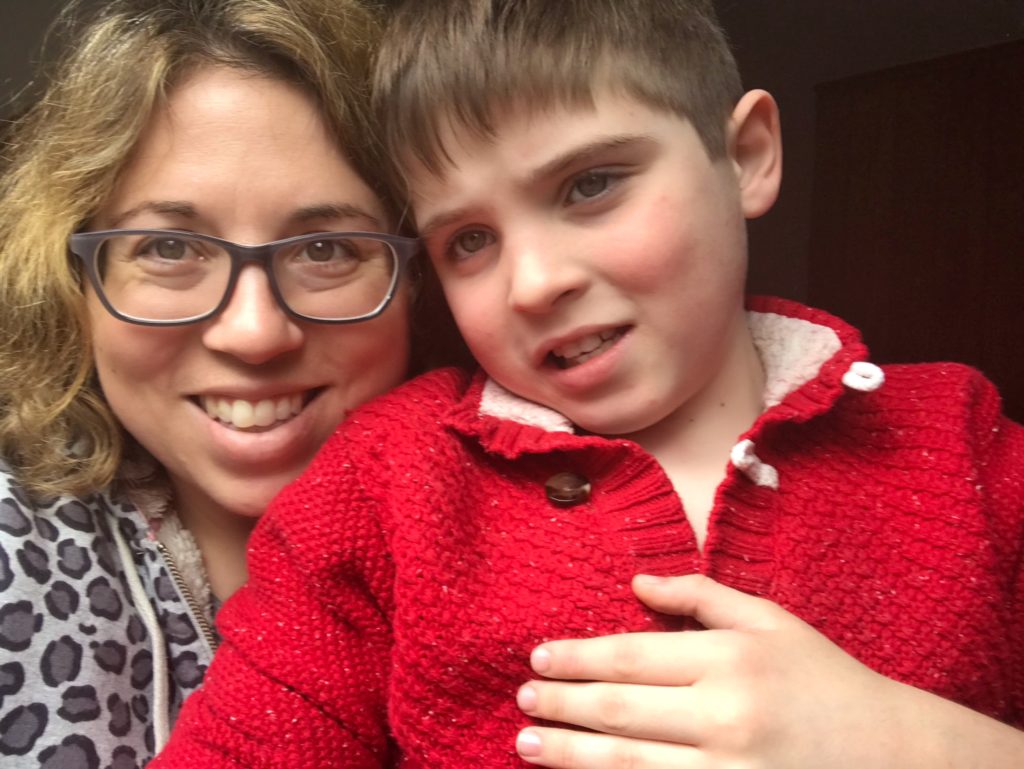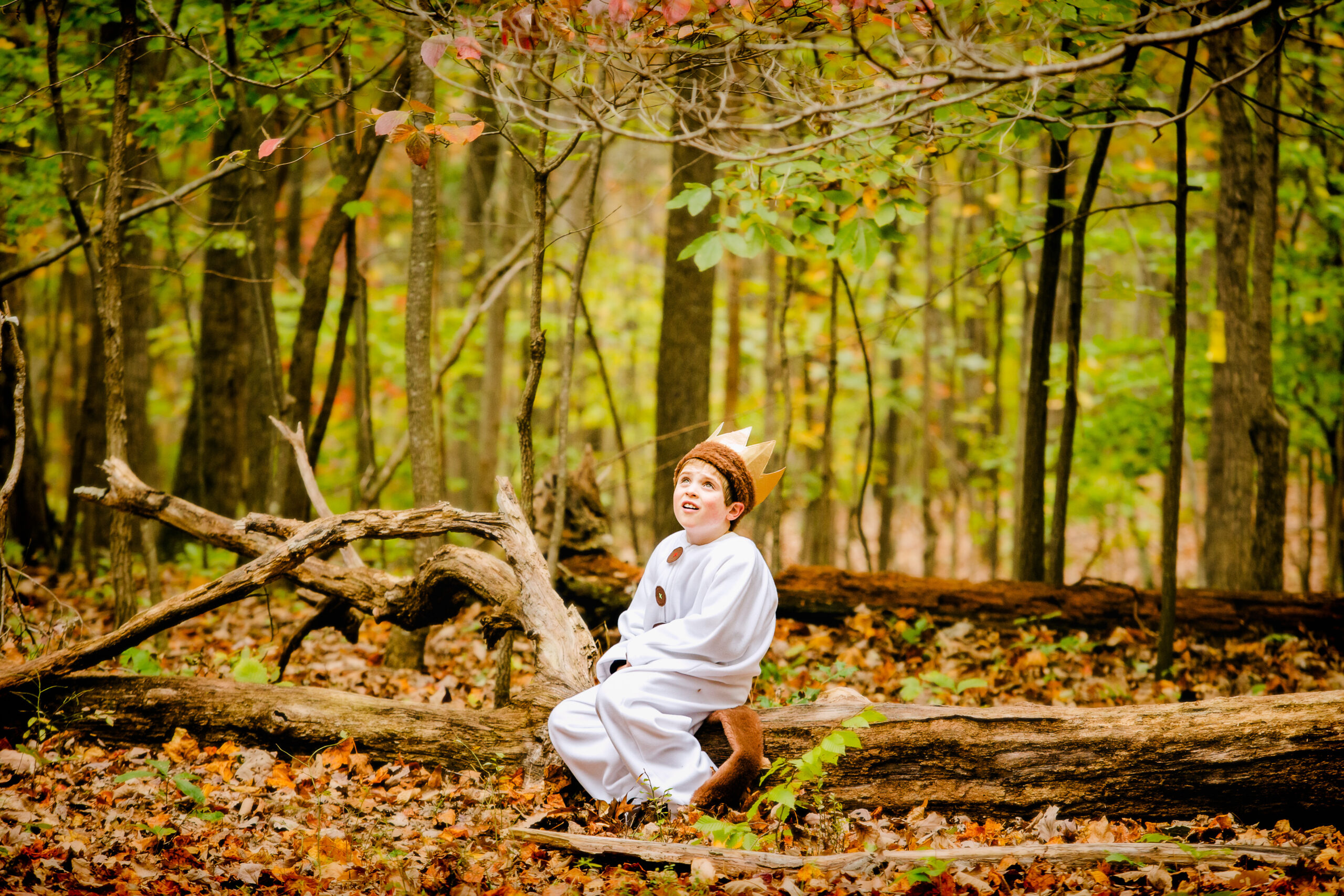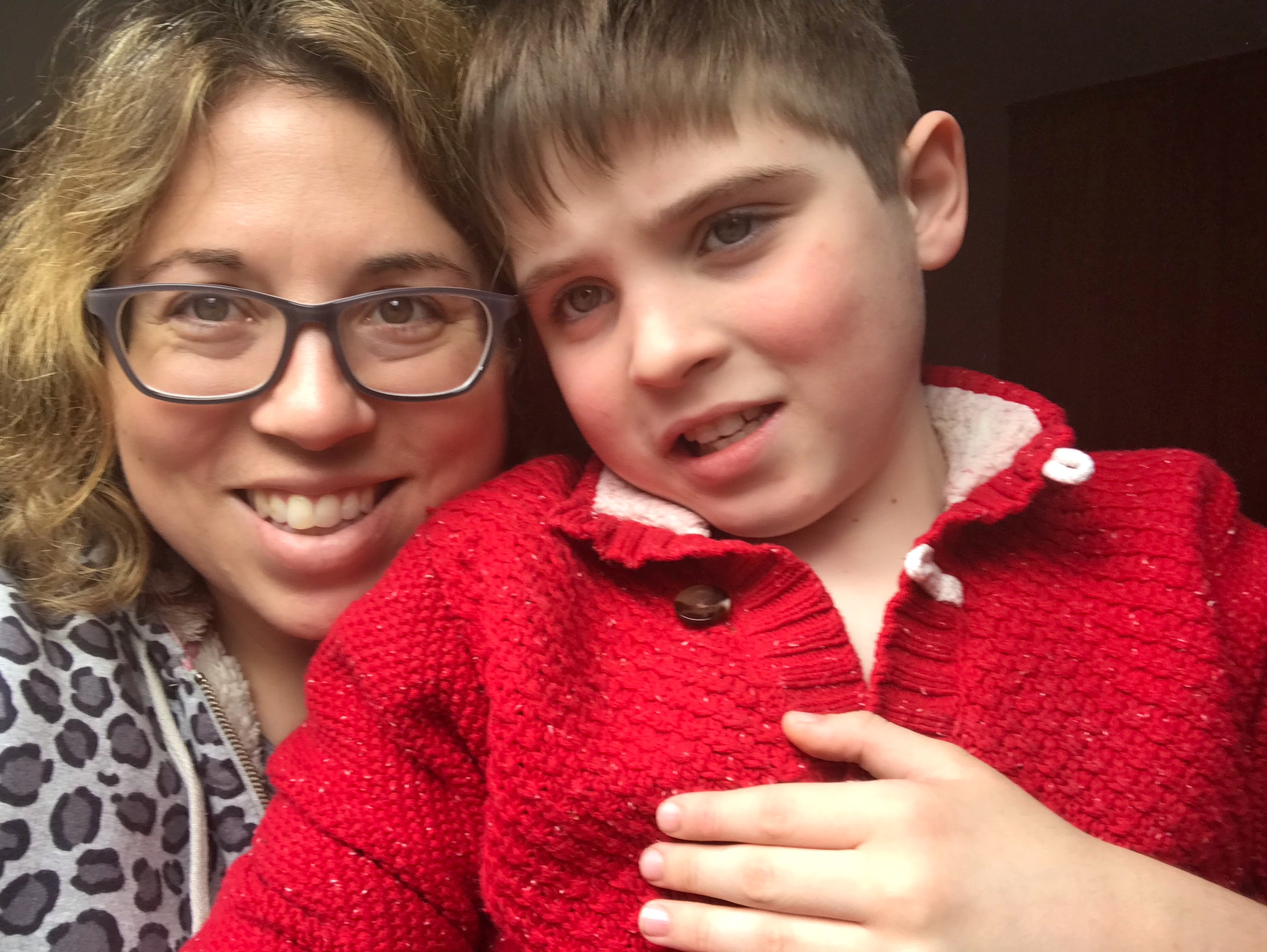Another Autism Awareness month is upon us. And for some reason, I feel duty-bound to gather together the scraps of life lessons I’m stumbled across during the past year.
Autism is for Life.
Each time I am required to submit a form or show up to an office and display my son for the purposes of insurance, state benefits, psychiatry, or public school, I want to scream at the person who is simply doing their job, interviewing me about my son since they can’t interview him directly. Every year, in the name of bureaucracy, they ask me a series of questions to establish whether my son is still autistic. The answer never changes.
“Yup! He’s still autistic. Thanks for checking!”
During my own annual check-ins with myself, I find myself now coming to grips with what this permanence means for our family, as we all age.
- He still can’t talk. But hey! He can request “tortilla chips” over and over again on his iPad to indicate that he’s hungry (hooray for communication!). When given the requested food, however, he immediately pushes the chips away and continues asking for them on the iPad…endlessly.
- He takes himself to the bathroom every two minutes (yay!). But then he climbs into the shower each time, which means that we need to hide the water control knobs in a drawer and reinstall them only when someone in our house actually needs to shower.
- We’ve managed to successfully treat his hyperactivity with a recent medication change (progress!). But we’ve traded it in for a level of anxiety so extreme that my 11.5 year old son finds a way to wrap his 85 pound body around ours every five minutes or so, to shield him from whatever indiscernable thing has upset him.
It is becoming unquestionably clear that this is how we will live until I am too old to care for him any longer. There is no vagueness about our golden years. I understand with absolute certainty that our lives in 40 years will look pretty much like they do now. Except that our son will be older and my husband will no longer be alive.
Pulling Ourselves Up by Our Own Bootstraps Is Financially Impossible in the Long Term.
We are “can-do” people, generally. When we were upset about how the public schools in DC were treating our son, we took our battle to the public, protested in the street, took out a second mortgage on our house to help pay our legal and educational bills, worked with the DC Council on special education legislation, and eventually started a non-profit to help adults with intellectual and developmental disabilities.
I’m younger, and will likely outlive my husband. However, it is unlikely that I will be able to uninstall and reinstall shower knobs in my home on a daily basis, or bend down multiple times a day to clean up my son’s messes until my inevitable demise. The fact is, I will need to move him into a safe living situation while he is still flexible enough to transition and I am still sturdy enough to manage the paperwork. So while my husband is still here, it would not be unreasonable to believe that we could set up a safe group home for our son (and others). Turn on the willpower and optimism. Lemons into lemonade. Wipe those tears from your eyes and get out there and fight, right?
But then we started looking into the numbers. We learned more about the “Developmental Disability Waivers” in the state of Virginia that could provide my son with the daily living services and financial support he will need to live in a group home. I made phone calls, interviewed our local Community Service Board, and attended a round table discussion with other exhausted parents who were also contemplating their disabled children’s adulthood. I heard about the 13,000 people in Virginia (and what about the other 49 states?) currently waiting to win the Developmental Disability Waiver lottery, even though only 14 slots were handed out in my own region last year.
OK. So maybe we could wing it and pay for the group home ourselves until my son’s lucky number is called. My husband is already planning on never retiring. How bad could it be?
Turns out, it will cost somewhere between $78,000 and $100,000 per year to pay out-of-pocket for our son to live in a group home and receive the supportive services he will need to be fed, clean, warm, and reasonably safe.
My son has no underlying heath issues that would preclude him from living into his late 70s, like any typical American male. Realistically, I can provide another 25-30 solid years of support to my son, if the side effects of 24-7 autism-related care don’t kill me sooner. But if I’m truly being honest with myself, how long can I maintain the required level of energy to keep him safe? And what will happen when I no longer have a husband to help share the load? What will become of us, when our willpower and finances have been depleted?
If you look at our resumes, you’ll find that my husband and I followed the American formula for achieving middle class success. We both work multiple jobs. We play by the rules. We pay our taxes. We vote. We participate. We advocate. We manage mountains of bills related to our son (thank-you, credit cards!) and still manage to show up to the parent-teacher conferences and school plays.
But work harder? It is simply not possible. Without support from local, state and federal government for people who care for a severely disabled family member, there is absolutely no way a typical American can bootstrap their way towards a decent adulthood for their grown, disabled child. It is time –
in my home and in this country – to push aside the self-flagellating notion that we can fix everything ourselves if we just try harder.
The fact is, we will need help one day – the kind that our governments should provide to those who cannot help themselves. And the thoughts and prayers of well-meaning people are simply not enough. My husband and I will keep up the good fight as long as we have the energy and money to do so. But at some point, we won’t be able to continue.

No Matter How Bad It Feels, It’s Time to Do It All Again Tomorrow, So You Better Suck It Up.
This past Saturday night, my husband was working late and I was home alone, cleaning up after my son. I was fighting for breath, due to a recent diagnosis of asthma, crossed with allergies and total exhaustion. I was bitter, hopeless, and resentful about living this way for the next forty years of my life (the usual round of “why me’s”). Eventually, after my son fell asleep. I closed my eyes and tried to sleep as well, knowing that tomorrow would not be any different than today. But, like most mothers out there, I found myself rewinding the day in my head, examining my parenting mistakes, questioning my motives and choices, and wondering why I had lost my patience time and time again with a sweet, anxious boy who was just trying to fight his own battles and receive support from the people around him. I made mental promises to both of us to try harder and do better tomorrow.
I woke up the next day and my husband asked me what had changed between the night – when I was filled with indignation about my life, and shame about my sub par parenting skills – and the morning, as I prepared to get on with the day’s to-do list with a relatively peaceful look on my face, and perhaps, even a sense of humor. My answer? “Nothing changed. The sun came up again today.”
Because that’s really all there is to this life. Special needs parents aren’t heroes. They’re not saints. They’re not “given” this life because some deity thought they were strong enough to bear it. Likewise, my son is not some sort of angel, brought to earth to teach us valuable lessons. We’re just humans, dealing with the life we find ourselves with. More specifically, we are a family, and we are therefore responsible for loving and supporting one another – despite our disabilities, parenting flaws, and failures.
This is how we do it, just like every other special needs family out there. We have no choice but to love and care for one another for as long as possible. Indeed, I’ve discovered that the lack of choice in all of this is the thing that simultaneously smothers me and frees me to stand up and face it again day after day. And so I do. Until I no longer can.
Another year down. Another one to come.


1 thought on “Awareness”